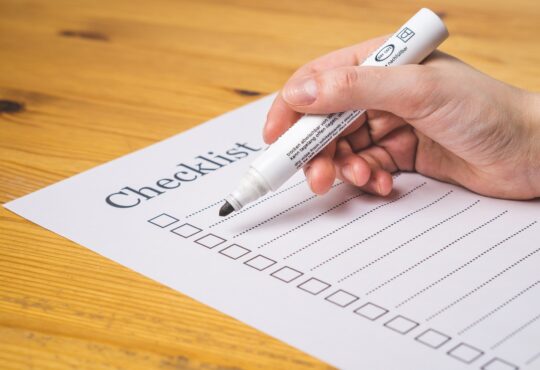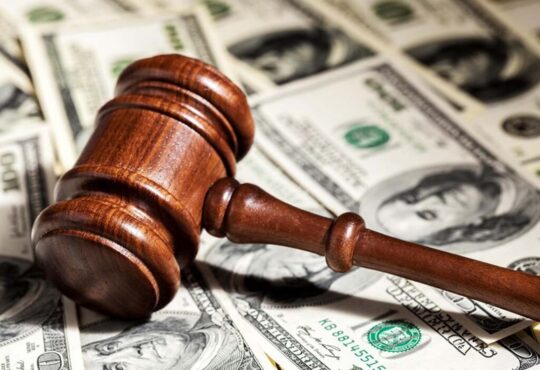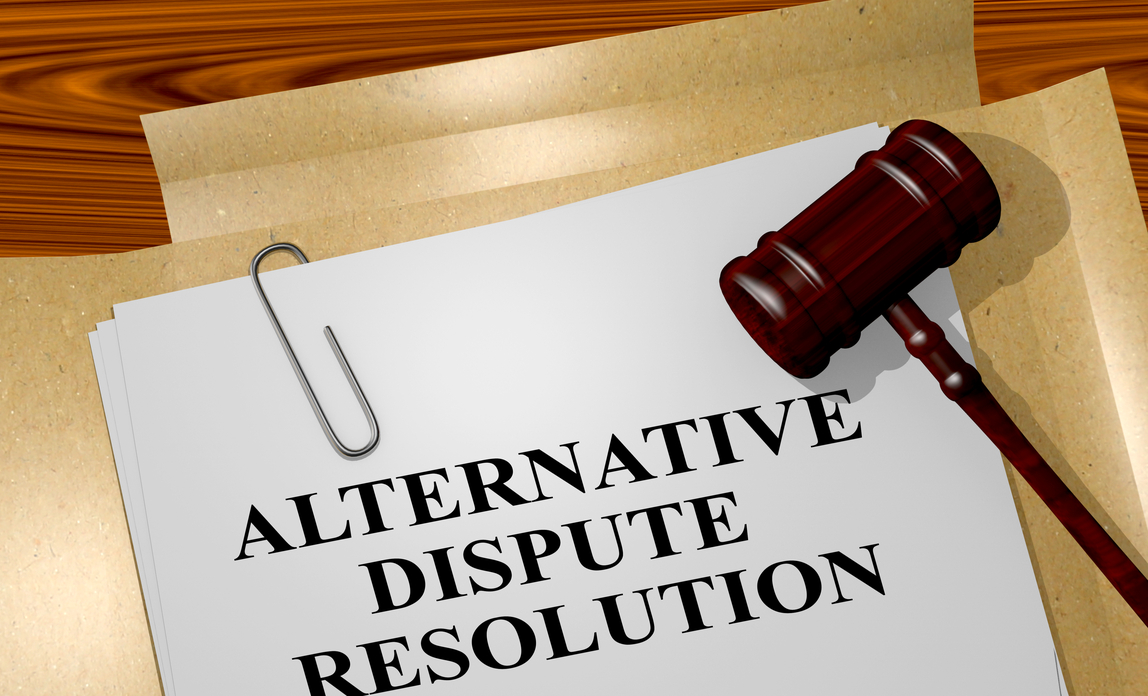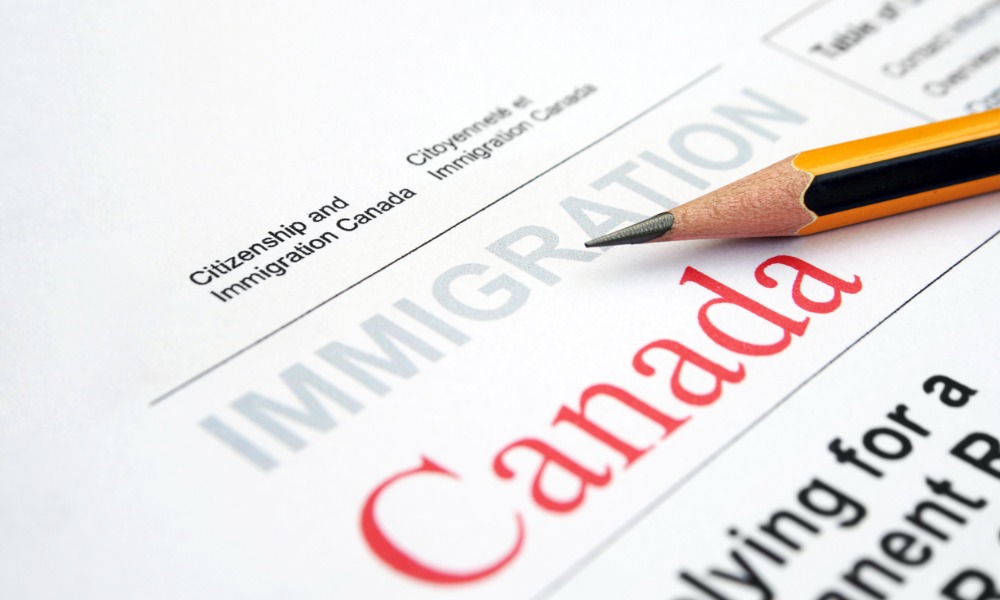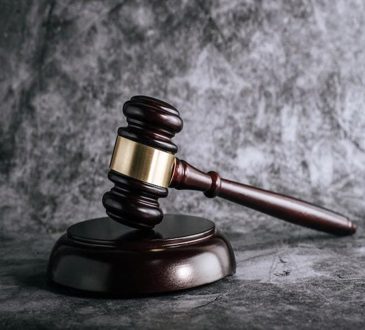
Attorneys handling injury cases use particular methods to get accident victims higher compensation. These lawyers collect evidence, work out damages correctly, talk with insurance companies, and build strong cases. Their past work on similar claims helps them spot all losses that victims might miss. Having legal help changes settlement results because lawyers know how insurance adjusters figure out claim values. Accident victims who hire attorneys usually get much larger settlements than people who handle claims by themselves.
Comprehensive evidence collection
Lawyers start by collecting all evidence that documents the accident and injuries. Police reports are a crucial part of accident cases. Attorneys get Topeka police report online records when clients suffer injuries in Kansas accidents. It is evident from the police papers what happened and who was at fault. The lawyer also gathers medical records, witness statements, photos, and video clips. They download crash report in Topeka to check facts about vehicle damage, road conditions, and traffic law violations. Experts in accident reconstruction may get hired to study how collisions happened. Medical experts look at injury papers to explain long-term health effects. This complete evidence collection makes negotiating positions stronger and backs up demands for higher compensation.
Accurate damage calculation
Damages include economic and non-economic losses. Damages for economic losses include property damage and future medical expenses. A non-economic damage pays for pain, suffering, and emotional distress. Many accident victims estimate their claim values too low by missing future losses and intangible damages. Attorneys talk with medical professionals to estimate future treatment costs and ongoing care requirements. They look at employment records to figure out lost earning capacity when injuries stop people from returning to their old jobs. Life care planners may be brought in to estimate lifetime costs for permanent disabilities. Calculate damages accurately by looking at comparable cases.
Strategic negotiation tactics
Insurance companies have adjusters trained to pay out less money. Lawyers fight these tactics through strategic talks based on case strengths and legal leverage. First settlement offers from insurers usually sit well below fair compensation levels. Attorneys turn down low offers and show detailed demand packages explaining why higher amounts make sense. Good negotiation involves:
- Presenting organized evidence packages that are hard to dispute
- Pointing to relevant case law and jury verdicts supporting the valuation
- Showing readiness to go to trial if a settlement does not happen
- Finding policy limits and coverage issues affecting payout potential
- Timing demands as well as case developments make positions stronger
Lawyers know when to push harder and when taking offers makes sense. Their experience across hundreds of cases tells them what tactical choices maximize results.
Liability establishment methods
Proving that another party caused the accident and resulting injuries forms the basis of compensation claims. Liability evidence includes:
- Traffic violation tickets given to at-fault drivers
- Eyewitness testimony backing up client stories
- Expert study of physical evidence and damage patterns
- Cell phone records proving distracted driving
- Maintenance records showing careless vehicle upkeep
Strong liability proof limits what insurance companies dispute about responsibility or argue regarding comparative fault. When liability is clear, insurers face more pressure to offer fair settlements rather than risk jury verdicts.
Trial preparation readiness
A lawyer who shows trial readiness gets bigger settlements in injury cases. Trial threats increase insurance companies’ settlements. Attorneys prepare cases as if heading to court from the beginning, which makes negotiating positions stronger throughout the process. Trial preparation means filing lawsuits before time limits run out, conducting depositions of witnesses and opposing parties, hiring expert witnesses, and working out courtroom presentation plans. This preparation tells insurers that the lawyer has the resources and commitment to chase maximum compensation through a verdict if needed.
Injury lawyers get higher compensation through full evidence gathering and trial readiness. Their legal knowledge and experience with insurance company tactics even the playing field for injured victims. Professional representation usually results in compensation amounts that go far beyond what individuals get negotiating alone.
